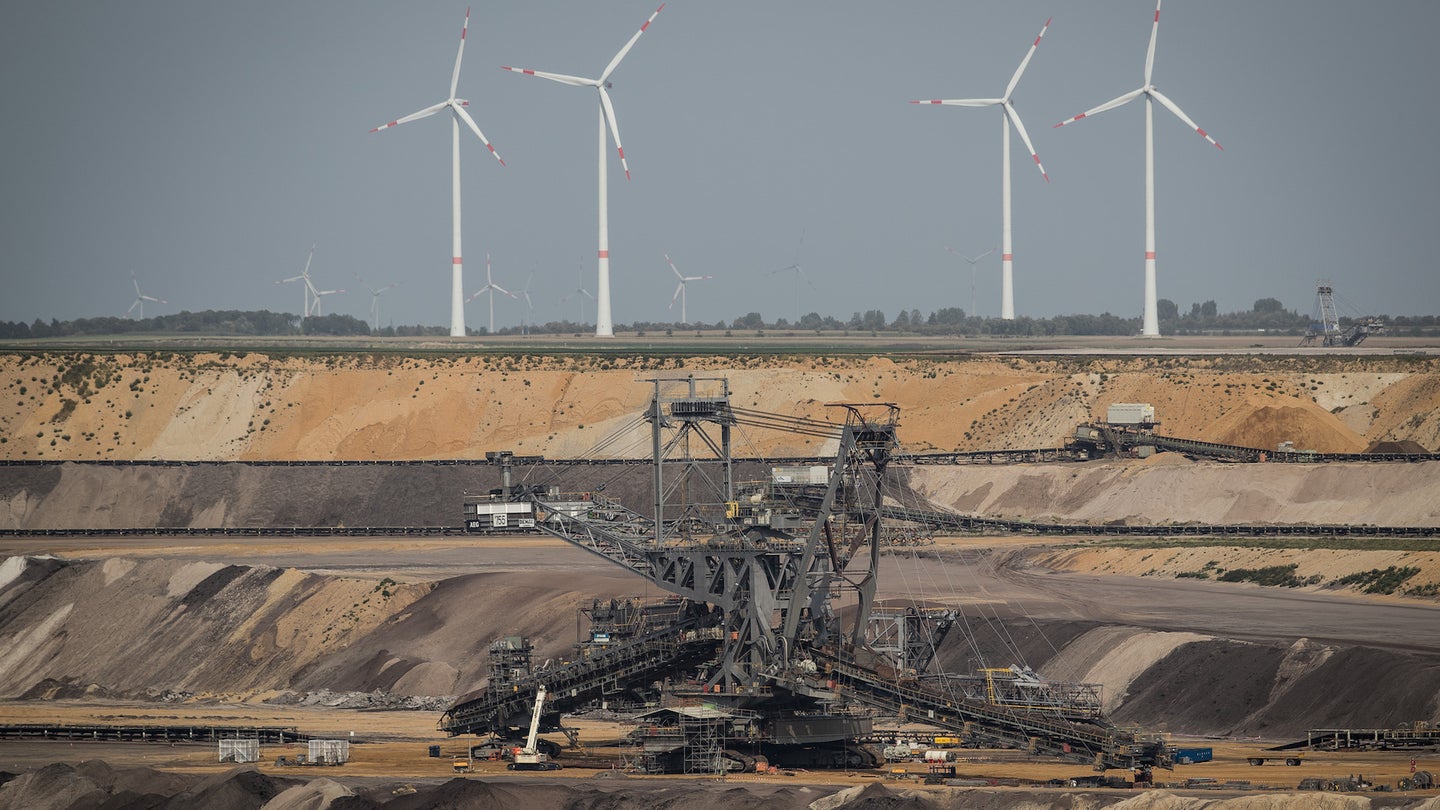Rocketmine Drones Are Changing the Mining Industry Game
Drones are helping the mining industry increase efficiency, cut costs, and keep people safe while collecting sophisticated blast data for businesses.

Drones have been increasingly employed in various industries. Agriculture, energy, security. They’re cost-effective, efficient, and reduce overall safety hazards. Rocketmine, a subsidiary of a French company Delta Drone, is aware of the benefits realized by unmanned aerial vehicles, and has become the first licensed corporate drone operator in South Africa and Ghana.
Rocketmine literally operates the biggest fleet of drones on the African continent, and is focused on the mining industry, an incredibly profitable business in Africa.
Rocketmine Africa Sales Executive Eric Delabrousse puts it simply to Drone Life, saying, “Drones are a game changer for the mining industry. What’s the most important thing for mine operators? It’s safety. And what’s the next most important thing? Profit.”
While Rocketmine’s drone business includes drone operators, its primary focus is the collection of data it can mine and provide to its customers. According to DroneLife, the company offers vital information to those entrenched in the local mining industry. “All the customer cares about is the data. We take care of everything else,” Delabrousse said.
Reportedly, Rocketmine has piloted thousands of mining-assistant UAVs, and focuses on three components beyond all else: safety, efficiency, and accountability. There is a procedure in place that the company adheres to, in order to most safely and efficiently collect data and provide it to their clients within 24 hours.
It goes as follows: First, there’s a pre-blast inspection, where drones guarantee that no one is within the one-kilometer safety area before an explosion occurs. Next, UAVs record live video of the blast, which is useful data as it can be analyzed and viewed countless times at various speeds and from various angles. After that, drones make sure that there are no undetonated charges lying around once the planned blast has concluded. Lastly, Rocketmine’s fragmentation analysis allows engineers to gain a clearer understanding of what exactly occurred during the blast, and how to improve upon this in the future.
As always, when it comes to industries like these implementing drones into their business models, an appealing benefit is the financial cost reduction. However, more precise data and analysis is an equally-motivating factor in using UAVs. These machines capture high-definition footage, allow human employees to remain safe, and aid in post-event analysis which traditional methods don’t allow.
Delabrousse says that drones have an “economic sweet spot” in the mining industry, as the data collected lies somewhere between the accuracy of laser scanning and the fairly sophisticated quality of satellite imagery. Essentially, drones are like any other tool, where cost-benefit analysis has to be done in order to viably implement it into one’s business. For now, though, it seems like UAVs are greatly helpful in businesses where people’s lives are actually at risk. That they’re economically viable is just the cherry on top. Plus, it seems like Delabrousse is smitten by the prospects of UAVs.
“The more you use them, the more you want to use them. There’s a data waterfall. All that information becomes really useful for other departments. It’s like falling in love. You can’t imagine how you lived without it for so long," Delabrousse said.
Even for recreational users such as myself, I’d have to agree with that latter statement.
